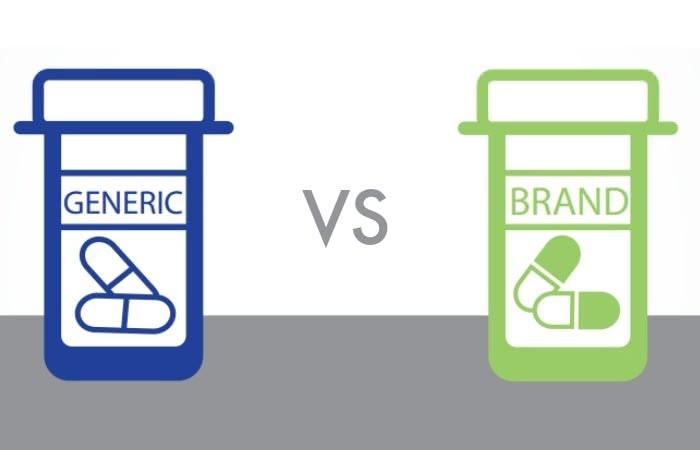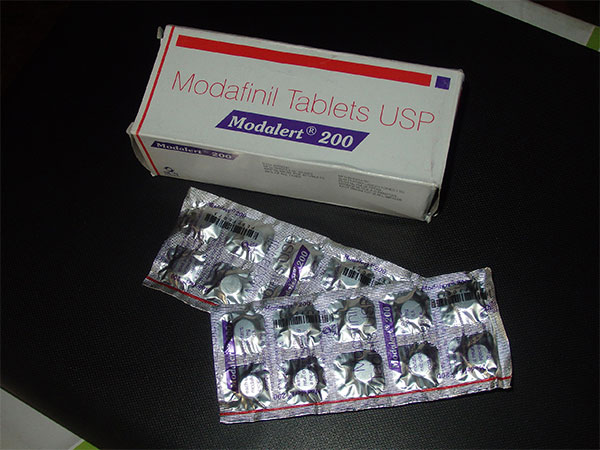Modafinil and Personality Changes
Modafinil is a wakefulness-promoting medication commonly prescribed for narcolepsy, obstructive sleep apnea, and shift work sleep disorder (Greenblatt & Adams, 2023; U.S. Food and Drug Administration [FDA], 2015). Beyond its alertness-enhancing effects, research suggests that modafinil interacts with several neurotransmitter systems such as dopamine, norepinephrine, serotonin, glutamate, GABA, histamine, and orexin. These interactions can influence cognition, mood, behavior, and personality-related traits (Greenblatt & Adams, 2023).
Cognitive Enhancements and Behavioral Effects
Cognitive Performance
- In sleep-deprived conditions, modafinil reliably sustains attention and vigilance (Randall et al., 2003).
- In healthy, non–sleep-deprived individuals, findings are inconsistent: some report benefits in complex planning tasks, while others show no improvement in memory or attention (Bellebaum et al., 2017).
Behavioral and Mood Changes
- Mood alterations: A double-blind study in young volunteers found modafinil increased somatic anxiety, irritability, and aggressive mood, even at standard doses (Randall et al., 2003).
- Decision-making: In a placebo-controlled trial, modafinil shifted behavior toward seeking previously rewarded outcomes, suggesting altered dopamine-mediated reward processing. Researchers cautioned this could impair real-life judgment (Bellebaum et al., 2017).
Creativity and Personality-Linked Traits
Divergent and Convergent Thinking
- In a randomized controlled trial, modafinil had no significant impact on convergent thinking but significantly reduced divergent thinking performance, particularly flexibility and elaboration scores (Mohamed, 2016).
- These findings suggest that, while modafinil may enhance structured problem-solving in some cases, it could hinder creative idea generation.
Mechanisms of Behavioral and Personality Changes
Neurotransmitter Pathways
- Modafinil acts as a weak dopamine reuptake inhibitor, raising extracellular dopamine, particularly in the striatum and prefrontal cortex (Greenblatt & Adams, 2023).
- It also influences orexin, histamine, and glutamate signaling, while indirectly modulating serotonin and norepinephrine (Greenblatt & Adams, 2023).
- These interactions may explain observed increases in vigilance, reward-seeking, and shifts in mood or anxiety.
Clinical Relevance
- Behavioral side effects, including anxiety, irritability, and rare impulse control symptoms, may stem from overstimulation of dopamine pathways, similar to mechanisms observed in Parkinson’s patients treated with dopaminergic agents (Bellebaum et al., 2017).
Clinical Safety and Recommendations
- FDA-approved indications: narcolepsy, OSA, and shift work disorder only (FDA, 2015).
- Common side effects: headache, nausea, anxiety, insomnia (Greenblatt & Adams, 2023).
- Serious risks: rare but severe rashes (e.g., Stevens-Johnson syndrome), psychiatric symptoms (mania, hallucinations, suicidal ideation), and cardiovascular complications (FDA, 2015).
- Monitoring: Caution is advised for patients with psychiatric history, cardiovascular disease, or those at risk of rash. Dosing adjustments are needed in hepatic impairment and older adults (Greenblatt & Adams, 2023).
Conclusion
Modafinil offers important benefits in managing excessive sleepiness and may improve certain higher-order cognitive functions, especially under sleep deprivation. However, its effects on mood, behavior, and creativity raise caution. Evidence shows it can increase anxiety, alter reward sensitivity, and reduce divergent thinking. Clinicians should weigh cognitive benefits against potential risks, prescribing with close monitoring and patient-specific considerations.
References
- U.S. Food and Drug Administration. (2015). PROVIGIL® (modafinil) tablets, for oral use, C-IV [Prescribing information]. U.S. Department of Health and Human Services. https://www.accessdata.fda.gov/drugsatfda_docs/label/2015/020717s037s038lbl.pdf
- Greenblatt, K., & Adams, N. (2023). Modafinil. In StatPearls [Internet]. StatPearls Publishing. https://www.ncbi.nlm.nih.gov/books/NBK531476/
- Randall, D. C., Shneerson, J. M., Plaha, K. K., & File, S. E. (2003). Modafinil affects mood, but not cognitive function, in healthy young volunteers. Human Psychopharmacology: Clinical and Experimental, 18(3), 163–173. https://doi.org/10.1002/hup.456
- Bellebaum, C., Kuchinke, L., & Roser, P. (2017). Modafinil alters decision making based on feedback history: A randomized placebo-controlled double blind study in humans. Journal of Psychopharmacology, 31(2), 243–249. https://doi.org/10.1177/0269881116668591
- Mohamed, A. D. (2016). The effects of modafinil on convergent and divergent thinking of creativity: A randomized controlled trial. The Journal of Creative Behavior, 50(3), 252–267. https://doi.org/10.1002/jocb.73








